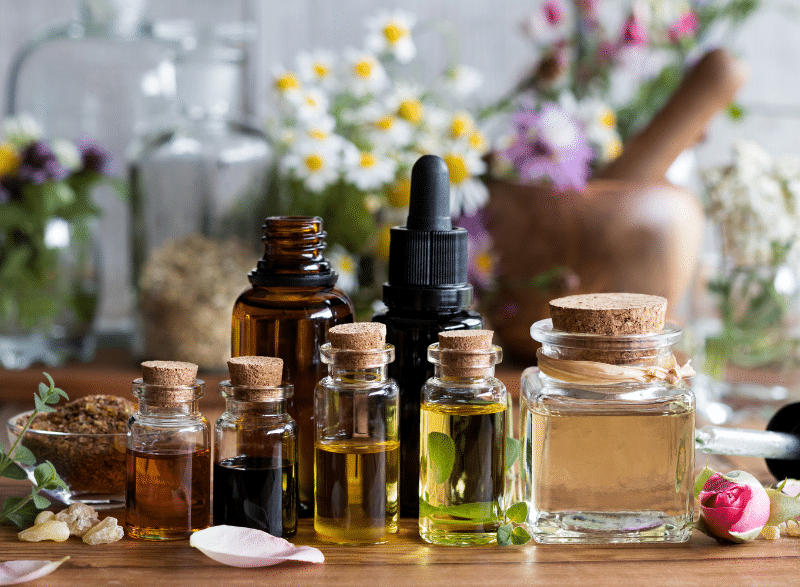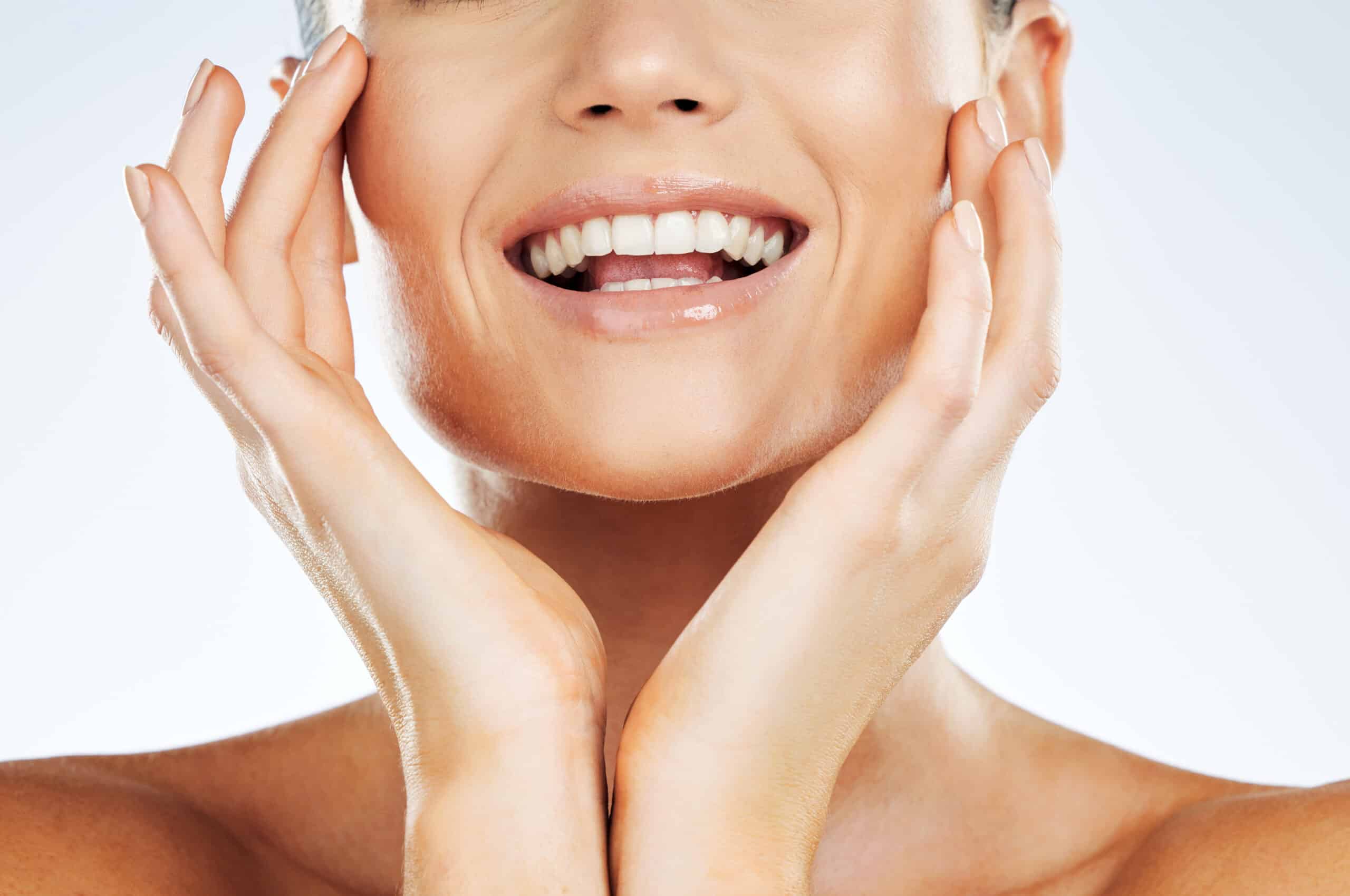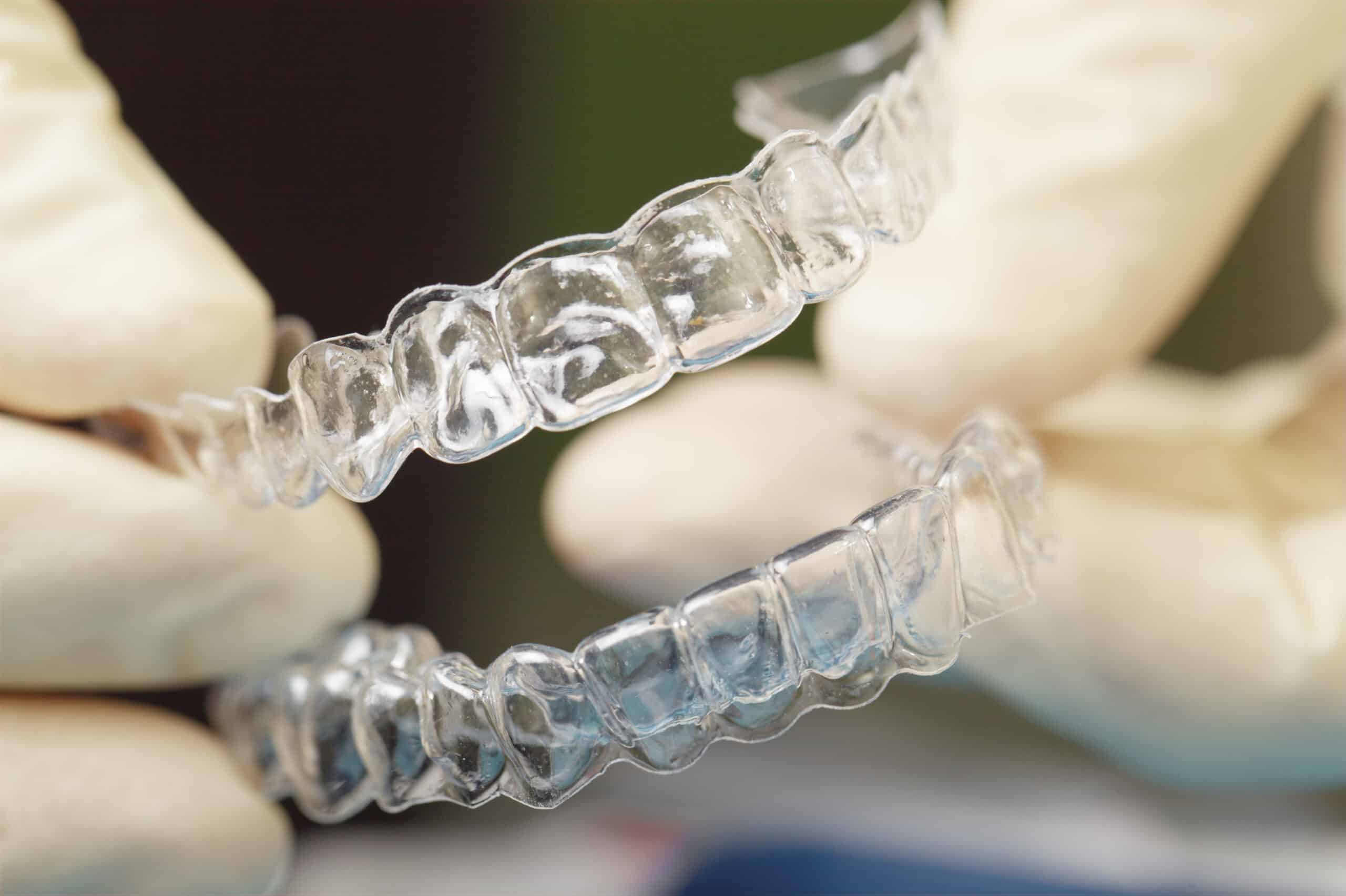
The use of essential oils has become increasingly popular in recent years, and dentistry is no exception to this trend. Holistic medicine, which has been practiced since ancient times, is gaining popularity among Americans who are seeking alternative healing methods instead of relying solely on chemical alternatives. Essential oils are utilized for various ailments and preventive purposes, as they are thought to assist the mind, body, and spirit.
How Do Essential Oils Work For Teeth Cleaning & Oral Health?
Essential oils are popular as a holistic health method for maintaining teeth and gum health. These plant-derived extracts offer various oral benefits, including freshening breath, combating bacteria and plaque buildup, and aiding in enamel protection. They are particularly beneficial for dental health. However, only some are aware of the essential oils specifically beneficial for dental care.
The Best Essential Oils For Teeth And Gums
Tea Tree Oil
Renowned for its powerful antibacterial properties, tea tree oil helps combat oral bacteria that can lead to cavities and gum disease. Adding a few drops to your toothpaste or mouthwash enhances their effectiveness. Its versatility extends beyond oral care, as it’s also known for promoting skin health and relieving minor skin irritations.
Peppermint Oil
Peppermint oil not only provides a refreshing aroma but also has antiseptic qualities. It helps kill bacteria in the mouth and leaves a minty-fresh sensation, making it a popular choice for oral care products. Additionally, its refreshing scent can alleviate headaches and enhance mental clarity when diffused or inhaled.
Clove Oil
Clove oil, with its analgesic and anti-inflammatory properties, offers relief from toothaches and gum pain. Its natural numbing effect makes it a valuable addition to homemade dental remedies for temporary relief. Beyond oral care, clove oil has been used for centuries for its potential to support digestive health and reduce respiratory discomfort.
Eucalyptus Oil
Eucalyptus oil’s anti-inflammatory and antimicrobial properties contribute to gum health. It can be diluted and applied topically to soothe inflamed gums or added to mouthwash for a refreshing rinse. Apart from oral benefits, eucalyptus oil is recognized for its respiratory benefits and is commonly used to ease congestion and promote clear breathing.
How Do You Use Essential Oils In Your Oral Care Routine?
Oil Pulling Technique
Incorporate oil pulling into your routine by swishing a small amount of coconut oil infused with a drop of your chosen essential oil. This ancient practice helps remove bacteria and promote overall oral hygiene. For added effectiveness, practice mindfulness or meditation during oil pulling to enhance both oral and mental well-being.
DIY Toothpaste and Mouthwash:
Create your toothpaste or mouthwash by adding a few drops of essential oil to a base of baking soda, coconut oil, or water. This ensures a personalized, chemical-free oral care experience. Experiment with different essential oil combinations to find a blend that promotes oral health and aligns with your preferred flavors and aromas.
Topical Application
For targeted relief, dilute essential oils with a carrier oil like coconut or almond oil and apply the mixture to the affected area using a cotton swab. This can be particularly effective for addressing specific oral discomfort. Ensure proper dilution to prevent skin irritation, and consider applying the mixture before bedtime for overnight relief.
What Are The Benefits Of Using Essential Oils For Teeth And Gums?
Essential oils are becoming popular for naturally addressing dental issues. Here are some key benefits:
- If you struggle with bad breath, essential oils like peppermint, tea tree, sage, myrrh, clove, and eucalyptus can help. Mix three drops of your chosen oil with water or homemade mouthwash, then rinse for 30 seconds.
- Essential oils, such as clove and myrrh, are antimicrobial and can soothe gums by increasing blood flow. Myrrh oil, in particular, has additional calming and healing properties.
- Lavender and other essential oils have antimicrobial and antifungal properties, reducing plaque-causing bacteria and strengthening teeth. They can also provide a numbing effect to ease the discomfort caused by cavities.
Precautions For Using Essential Oils Around The Mouth
It’s essential to be cautious when using essential oils for oral care. Before using essential oils in your mouth, it’s crucial to consult your dentist. Holistic dentistry considers your overall health, and your dentist can guide you on whether these oils are appropriate for oral use, helping avoid any potential side effects.
Taking these precautions in your oral care routine can contribute to your safety and overall well-being!
Essential oils are beneficial for maintaining teeth and gum health, offering fresher breath and fewer cavities when used correctly. They can be a natural alternative to traditional oral care routines. However, research and choose the right oil for your needs, and consult a dentist if you have any concerns before using essential oils on your teeth or gums.




